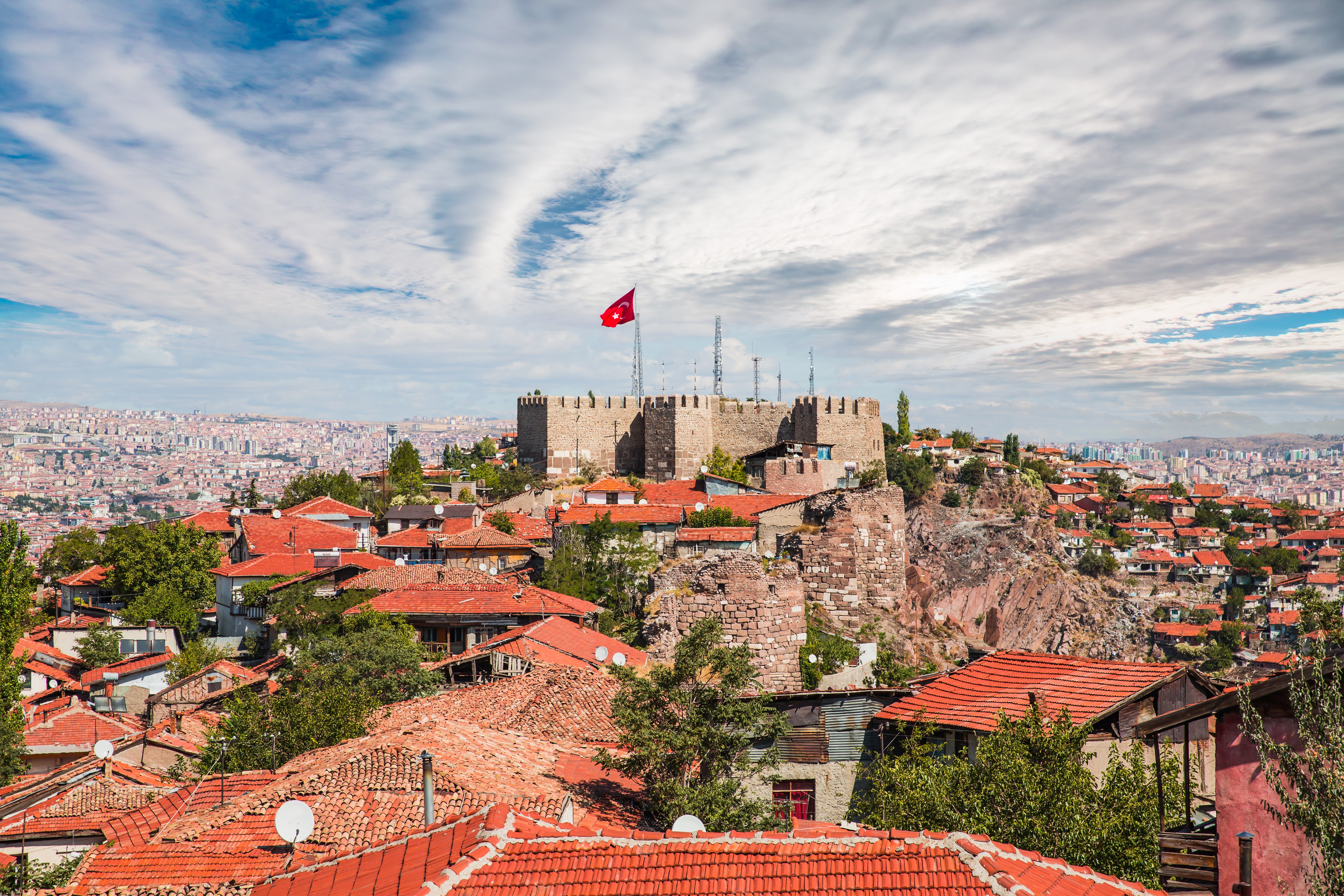The Turkish pet industry

Throughout the world, pet owners are spending ever more money on their dogs and cats. The pet industry in Turkey is also benefitting from this trend. A glimpse into the growing Turkish pet industry.
Strong economic growth
The Turkish economy is a complex mix of traditional craftsmanship and modern industry, and is increasingly dominated by the latter. Turkey has a…
Did you think it would be this easy? Nope! Just register. It’s free! Lorem ipsum dolor sit amet, consectetur adipiscing elit. Ut cursus turpis vel cursus ullamcorper. Sed ante mi, finibus eget porttitor a, tincidunt ac dolor. Vivamus ornare semper lorem, consequat commodo lectus elementum vitae. Cras id mattis urna. Donec rutrum dignissim lacinia. Duis ultricies sapien at ipsum tincidunt.
Sed in iaculis elit, sit amet convallis felis. Pellentesque non justo lectus. Donec sollicitudin lorem in sapien euismod varius at vitae mi. Maecenas ut elit ac risus consectetur vulputate. Praesent vel orci ante. Curabitur egestas dapibus nisi ac laoreet. Nullam a lacinia libero, non fringilla nisl.
You’re out of free articles,
register for unlimited access